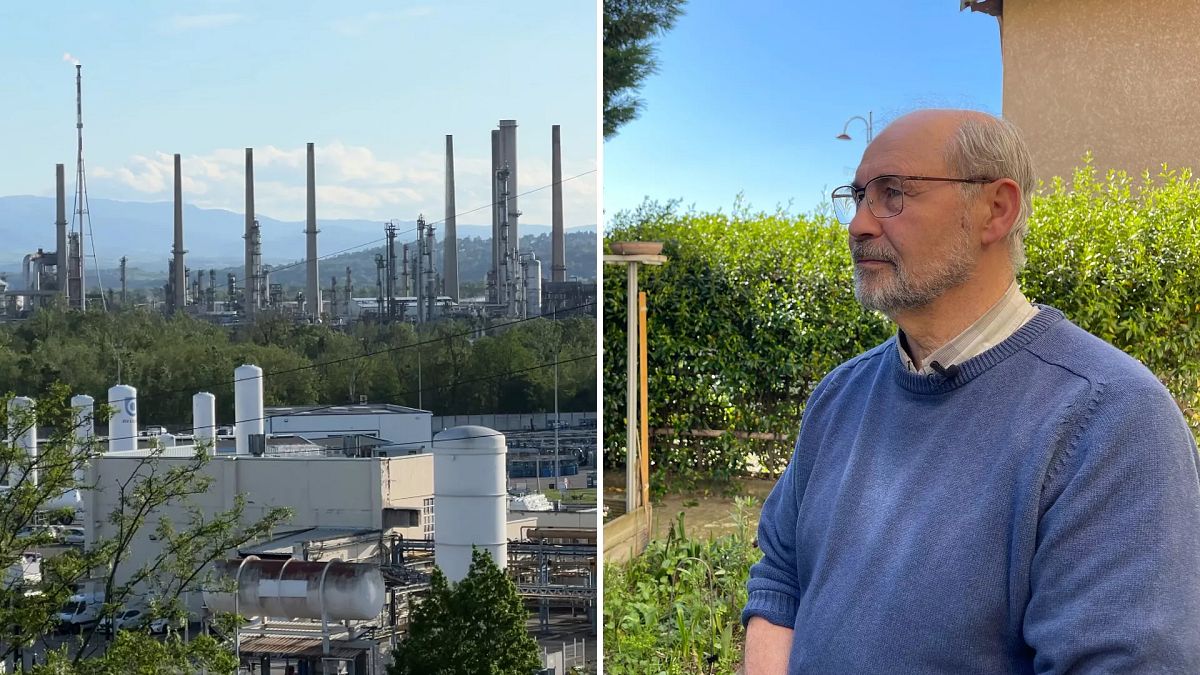PFAS, or per- and polyfluoroalkyl substances, are synthetic chemicals that do not break down naturally in the environment. These forever chemicals have been found in water, soil, air, and even human blood, raising concerns about their potential impact on human health. Research has linked PFAS to various health conditions, including cancer, cardiovascular diseases, and immune system disorders. Additionally, PFAS are commonly used in everyday items such as food packaging, rain jackets, and makeup.
The discovery of high levels of forever chemicals in Pierre-Bénite, France, has led to legal action against chemical companies suspected of being responsible for the pollution. The metropolitan council in Lyon has taken steps to hold companies financially accountable for the environmental damage caused by PFAS. Activists hope that this case could set a precedent in France and lead to stricter regulations on the use of PFAS.
In response to the concerns raised by PFAS contamination, the European Union has taken steps to restrict the use of certain types of PFAS, including PFHxA and its related substances. However, only a few PFAS are currently banned at the EU level. A proposal submitted by five European countries in 2023 calls for a major restriction on PFAS under REACH, the EU’s chemicals regulation. The European Chemicals Agency is evaluating this proposal, which, if approved, could lead to significant changes in the use of PFAS within the EU.
The residents of Pierre-Bénite are now facing a new concern as a Daikin unit that produces and stores additive polymers for the automotive industry, some of which contain forever chemicals, has been authorized to resume operations after a four-month halt. The extension of the company’s operations under new state-imposed regulations has raised fears among the local community about the potential impact on their health and the environment. The situation in Pierre-Bénite highlights the need for stronger regulations and oversight to prevent further contamination by PFAS.
The case of PFAS contamination in Pierre-Bénite has brought attention to the issue of forever chemicals and their widespread use in various industries. As concerns grow over the potential health and environmental risks posed by PFAS, there is a growing call for stricter regulations and bans on these substances. The European Union’s ongoing evaluation of a proposal to restrict PFAS under REACH could lead to significant changes in how these chemicals are used and regulated in Europe, setting a precedent for other countries to follow suit. In the meantime, the residents of Pierre-Bénite continue to advocate for their health and safety in the face of ongoing pollution concerns.











